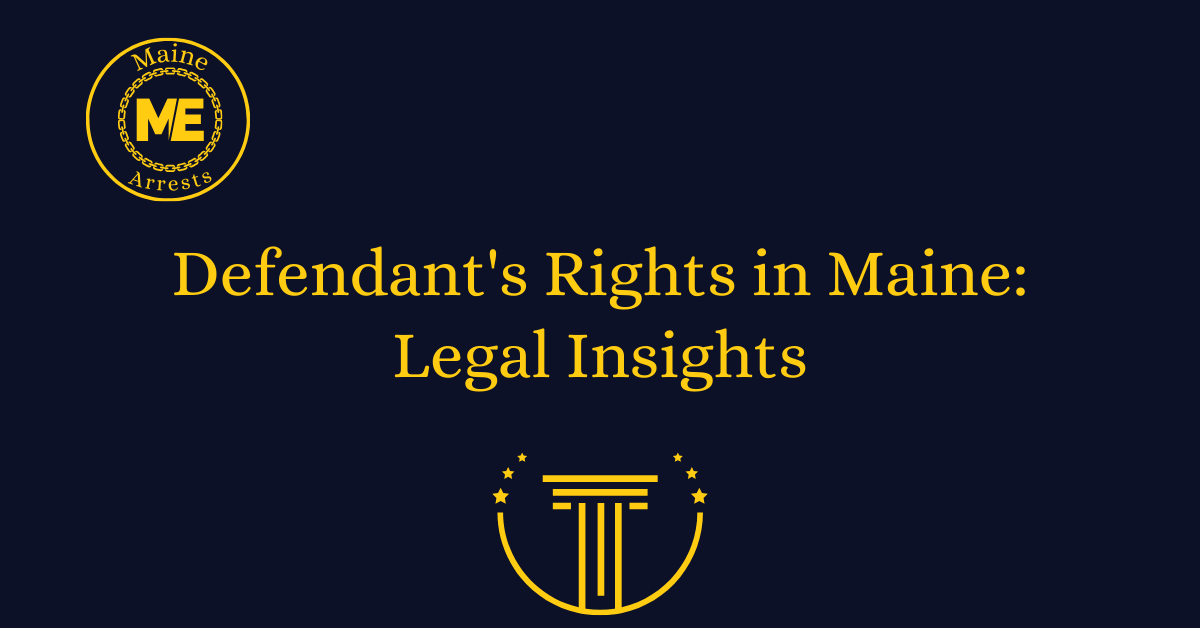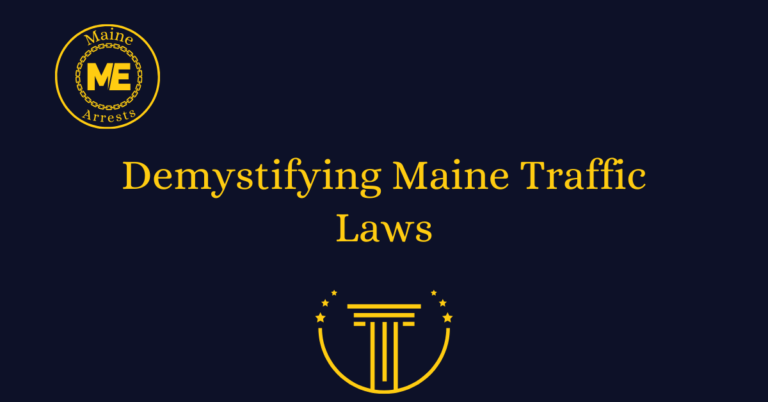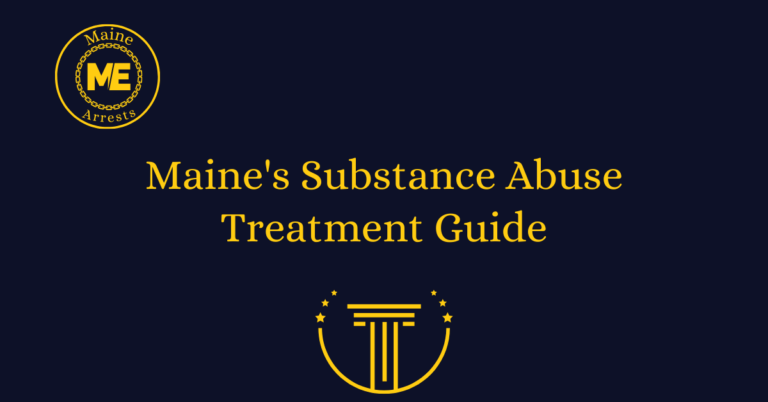Defendant’s Rights in Maine: Legal Insights
In the state of Maine, like elsewhere in the United States, individuals accused of committing a crime are afforded certain rights under the law. Understanding these rights is crucial for anyone facing criminal charges. In this article, we delve into the defendant’s rights in Maine, providing comprehensive insights into the legal framework that governs criminal proceedings in the state.
Presumption of Innocence
One of the fundamental principles of the American legal system is the presumption of innocence. In Maine, as in other jurisdictions, individuals accused of a crime are presumed innocent until proven guilty beyond a reasonable doubt. This means that the burden of proof lies with the prosecution, and the defendant is not required to prove their innocence.
Right to Legal Representation
Another critical right guaranteed to defendants in Maine is the right to legal representation. Defendants have the right to hire an attorney to defend them in court. If they cannot afford an attorney, one will be appointed to them by the state. This ensures that all individuals have access to competent legal counsel, regardless of their financial circumstances.
Right to a Fair Trial
The right to a fair trial is enshrined in both the United States Constitution and the Maine Constitution. This includes the right to a trial by jury, the right to confront witnesses, and the right to present evidence in one’s defense. Additionally, defendants have the right to a speedy trial, free from undue delay.
Protection Against Self-Incrimination
Under the Fifth Amendment of the United States Constitution, individuals have the right to remain silent and cannot be compelled to incriminate themselves. This right extends to defendants in Maine, who have the option to refrain from testifying at trial without adverse consequences.
Protection Against Double Jeopardy
The principle of double jeopardy prohibits individuals from being tried twice for the same offence. Once a defendant has been acquitted or convicted of a crime, they cannot be retried for that same offence in Maine or any other jurisdiction.
Protection Against Unreasonable Searches and Seizures
The Fourth Amendment protects individuals from unreasonable searches and seizures by law enforcement. This means that evidence obtained through illegal searches or seizures is typically inadmissible in court. Defendants in Maine have the right to challenge the legality of any searches conducted by law enforcement officers.
Right to Appeal
If a defendant is convicted of a crime in Maine, they have the right to appeal the verdict. This allows for a review of the trial proceedings to ensure that the defendant’s rights were not violated and that the trial was conducted fairly. Appellate courts have the authority to overturn convictions or order new trials if errors are found.
FAQS
What are the defendant’s rights in Maine?
In Maine, defendants have several rights to ensure a fair and just legal process. These rights include the right to remain silent, the right to legal representation, the right to a speedy trial, and the right to confront witnesses.
Can a defendant in Maine refuse to answer questions from law enforcement?
Yes, defendants in Maine have the right to remain silent and refuse to answer questions from law enforcement. It is important to consult with a lawyer before making any statements to the police.
What if a defendant in Maine cannot afford a lawyer?
If a defendant in Maine cannot afford a lawyer, they have the right to have a lawyer appointed to them by the court. This ensures that everyone has access to legal representation, regardless of their financial situation.
How long does a defendant have to wait for a trial in Maine?
A defendant in Maine has the right to a speedy trial. The exact timeline can vary depending on the circumstances of the case, but the court strives to resolve cases as quickly as possible.
Can a defendant in Maine confront witnesses against them?
Yes, defendants in Maine have the right to confront witnesses against them. This means they can cross-examine witnesses during trial to challenge their testimony and credibility.
What happens if a defendant’s rights are violated in Maine?
If a defendant’s rights are violated in Maine, it can have serious consequences for the case. The court may suppress evidence obtained illegally, dismiss charges, or take other actions to protect the defendant’s rights.
Conclusion
In conclusion, understanding defendant’s rights in Maine is essential for anyone involved in the legal system. The right to legal representation, the right to a fair trial, and the right to remain silent are all fundamental aspects of these rights.
By recognizing and respecting these rights, we can ensure that the legal process is fair, just, and balanced. Whether you are a legal professional, a student of law, or simply curious about the legal system, this comprehensive guide serves as a valuable resource to deepen your understanding of defendant’s rights in the state of Maine.






